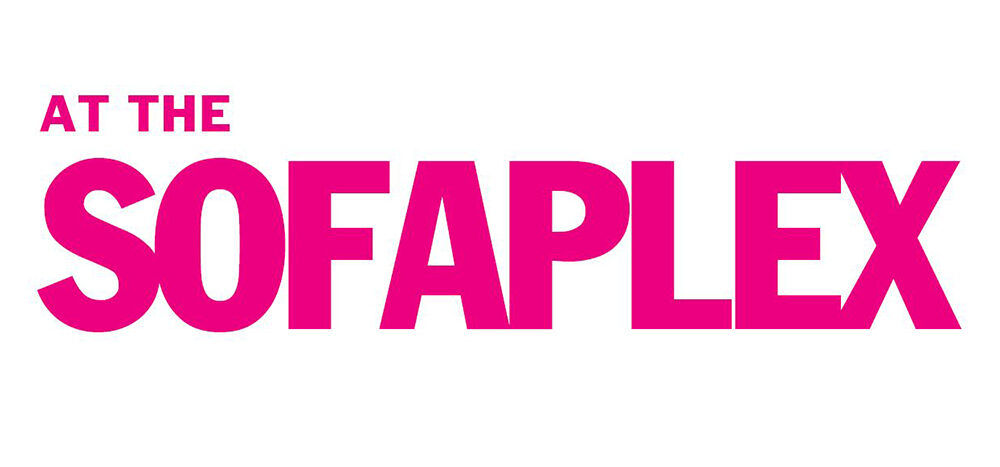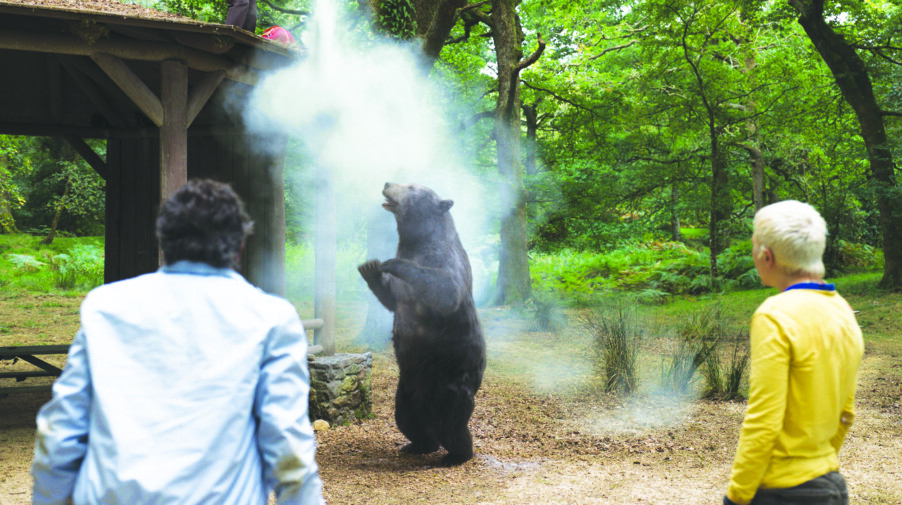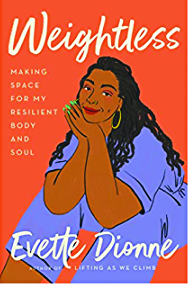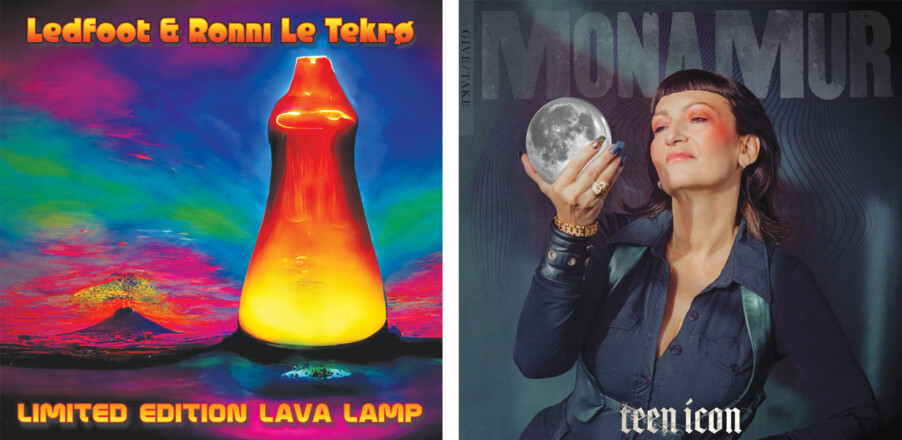International guitar duo performs in Concord
The best guitar duos carry on a conversation with their instruments, but Nicola Cipriani and Brad Myrick engage in musical mind-melding, two sonic serpents swirling into a rope of notes. The Italian-born Cipriani and Concord native Myrick recall the similarly synchronistic Tom Verlaine and Richard Lloyd, of the ’70s rock band Television.
Those two, though, had amplifiers. not to mention lyrics and a rhythm section. Cipriani and Myrick speak strictly through their fretboards — and they’re unplugged. On stage, they sit in angled chairs to play, with eyes moving fluidly between each other and an eavesdropping audience.
They also compose this way, a practice firmed up on the 2020 album Reflections. Released in the spring of that year, this fine effort disappeared in the pandemic’s fog. A canceled world tour was another costly problem, and even worse was the lockdown’s impact on their creative process.
“We tried to compose from a distance,” Myrick recalled in a recent joint interview with Cipriani. “For the kind of music that we do, it ended up being impossible…. We need to be in the room together, have the interplay, the visual connection. We just found that it wasn’t working out, so basically we were on pause for almost three years.”
Finally, the two have new a new album, Silver Lining, and are back on tour. They spoke during a pause on a Southern run that wrapped up in Asheville. It resumes with a show at Bank of NH Stage on March 5, and another the next day at UNH’s Paul Creative Arts Center. In April they’re in Italy, and they hope to book a few South American dates later in the year.
The cover of the new album is a monochrome Noemi Trazzi photo of Myrick and Cipriani facing each other in a terminal. This theme is explored in the opening track, “Ritrovarsi.” The Italian word translates to “find again,” and for Cipriani, the joyous, playful track has “a double meaning … to find ourselves again as artists and composers, and find each other.”
“Like reunite,” Myrick added.
With all the talk of Covid silver linings in the world of music like extra time to reflect and write, there weren’t many for the duo. That’s reflected on the new album. With titles like “Ode To Solitude” and “Remember To Breathe,” many of its songs came from “the experience that we had all been through,” Myrick said. “There was a lot of darkness in there, some tension, some melancholy.”
The seemingly ironic title was chosen, Myrick explained, because “we found that there was still so much good that we were able to pull out, even in this really challenging time — for me particularly.” That said, Silver Lining isn’t intentionally a pandemic album. “A lot of artists made those,” Cipriani said, while allowing that “it was a perfect photography of where we were at the time, actually.”
A suite in three stages, “Dragonfly Ritual” is one of the record’s celebratory moments. “I think that speaks to silver linings,” said Myrick, who wrote it as he watched the regal insects mating from his back window. “They’re attached as they’re flying, then they detach. I think they’re the only animal that does that; it’s this really incredible kind of ritual.”
Though a tonic, quiet contemplation doesn’t compare to the feeling Cipriani and Myrick had walking on stage and leaving with a standing ovation a few weeks ago at Coastal Carolina University, where they once recorded a live album.
“It was rewarding and it was inspiring,” Myrick said. “It is just totally propelling us forward. For me at least, and Nicola can tell me if this is true for him, it’s confirming that this is exactly what I should be doing artistically right now.”
“It is a huge privilege, what we are able to do…. I never get the sensation that I’m doing a kind of a normal job,” Cipriani agreed. “When we go to places like the university, and get the chance to meet a lot of people, especially young students that are really passionate and searching for their own artistic way, it’s so inspiring.”
One big benefit of live performance is it gives their instrumental music a narrative.
“We get to tell the stories and share the ideas behind it, so we can give people a little bit more information before they listen,” Myrick said. “Here’s what we were feeling, this is what sparked the idea; now maybe you have an idea in your head, and you can take it into a place, follow on the journey, and make it your own with us.”
Nicola Cipriani and Brad Myrick
When: Sunday, March 5, 6:30 p.m.
Where: Bank of NH Stage, 44 S Main St., Concord
Tickets: $23.75 at ccanh.com
Also Monday, March 6, 8 p.m., Paul Creative Arts Center (Verrette Recital Hall), 30 Academic Way, Durham
Featured photo: Nicola Cipriani & Brad Myrick. Courtesy photo.






